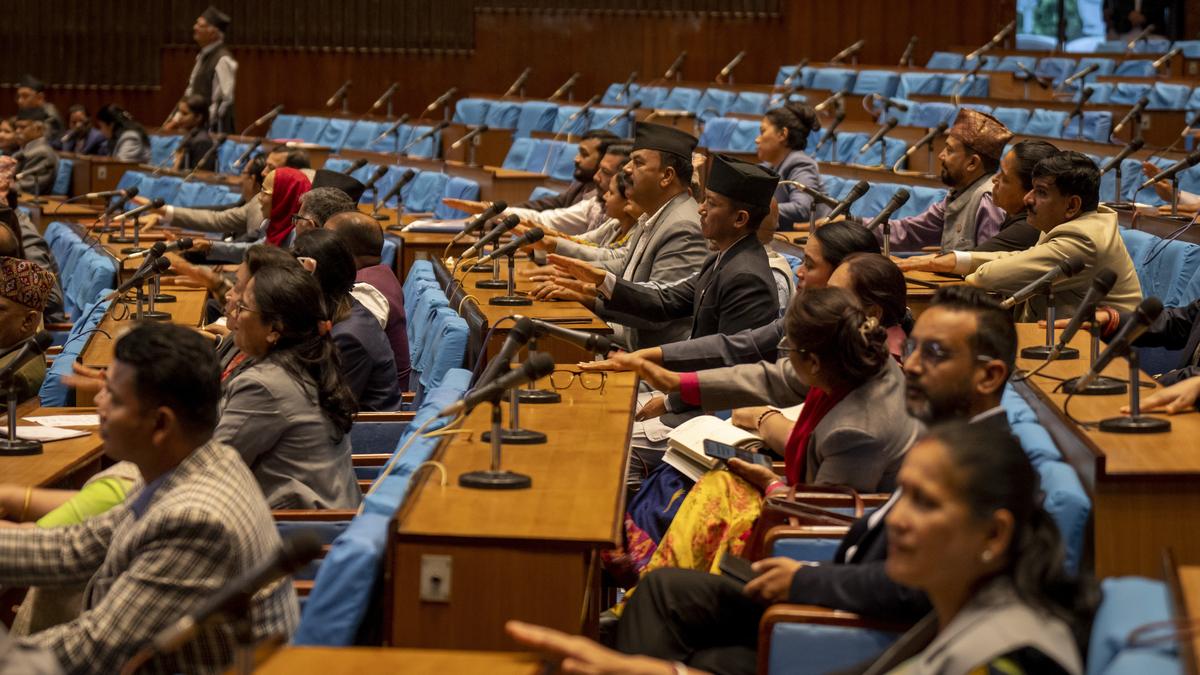A farmer holds hop cones on a farm in Huell near Wolnzach, Germany.
| Photo Credit: AP
The keys to combating the climate change that’s wreaking havoc on Germany’s beer industry could lie inside a plant nursery — nicknamed “our kindergarten” — at the Society of Hop Research north of Munich.
The 7,000 seedlings there are a mix of new varieties that sprouted from research, education and centuries-old German traditions in hops farming and beer brewing. The hope is that the plants will grow to be seven to eight meters tall and strong enough to withstand a multitude of diseases and disasters thrown at them — like rising temperatures, drought and the dreaded powdery mildew that can wipe out entire crops.
At every stage, the plants will be incorporated into education in university and vocational school classrooms, breweries and farms across Germany.
The seedlings’ successes — or failures — could determine the fate of the country’s famed Hallertau region, the world’s largest hops-growing area where most of the farms’ crops will end up in beer. . Researchers hope the specially bred hops will grow to become climate change-resistant and commercially viable varieties that will ultimately be brewed into beers served around the world.
Education and research are crucial components of Germany’s beer industry, from the Society of Hop Research to apprenticeships, a hops-cultivation vocational program and the vaunted Master Brewer diploma. Experts say this education and information-sharing are becoming ever more important to maintaining the traditional tastes of your favorite German lagers and ales.
Published – September 28, 2024 09:31 am IST

















